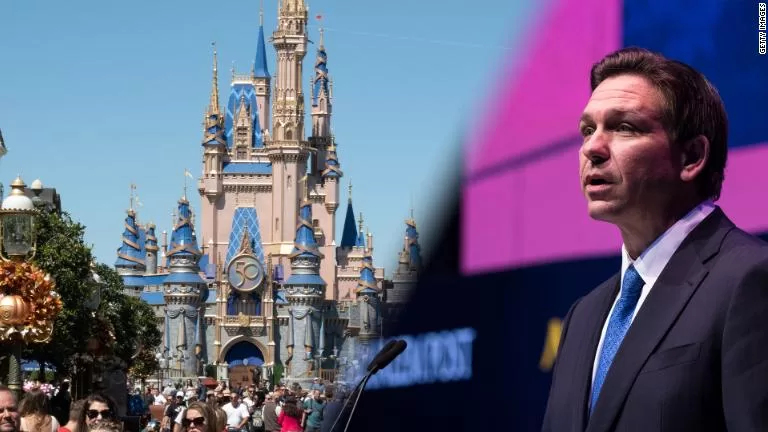The head of the Swedish company, Jan Moström, said the find was “good news” – not only for the region and Sweden, but for Europe and the climate. “It could become an important building block for the production of the critical raw materials that are absolutely crucial for the green transition.” Batteries, catalytic converters, magnets and lamps.
“We have a supply problem. There can be no electric vehicles without mining,” Moström was quoted as saying in a broadcast. The “Per Geijer” deposit has a volume of over one million tons, the company said. According to the company, the deposit could cover a large part of the demand for rare earth metals in Europe.
Promotion may take a while
Mostrom said it could take “several years” to explore the deposit and the conditions to mine it “profitably and sustainably.” That also depends on the permits, he said at a press conference in the mining town of Kiruna. Experience has shown that it takes “ten to 15 years” until the market can actually be supplied. However, LKAB is aiming to apply for a mining license this year.
The company has already begun preparations to drive a drift several kilometers long and around 700 meters deep into the Kiruna mine in order to study the deposit “in detail”. It’s still unclear how big it actually is. They are aware of the land use challenges and impacts associated with mine development. According to Moström, an application for an environmental assessment can only be made once these have been analysed.
Demand in the EU is increasing
The Swedish Energy Minister Ebba Busch was also present at the presentation of the find. She said the need for rare earths is great – after all, the EU is striving to convert to a fossil-free economy. Sweden has held the EU presidency since the beginning of the year, and a Commission delegation from Brussels is currently visiting the country.
According to the President of the European Commission, Ursula von der Leyen, lithium and rare earths should soon be more important than oil and gas in this context. The demand for rare earths alone will probably increase fivefold by 2030 – partly because the EU wants to ban new cars with combustion engines by 2035.
Dependence on China as a problem
Minister Busch said on Thursday: “The electrification, the self-sufficiency of the EU and the independence of Russia and China begins in the mine.” Europe is currently dependent on imports, according to the LKAB. The People’s Republic “completely” dominates the market, which increases the “vulnerability” of European industry.
The dependency does not only refer to the raw materials themselves, but also to their processing, according to the geologist and raw materials expert Jochen Kolb from the Karlsruhe Institute of Technology in Germany to Westdeutscher Rundfunk (WDR). In the case of rare earths in particular, this dependency is already over 80 percent.
“Even if raw materials were extracted somewhere else from mining, they would have to be brought to China to be processed in such a way that they could be used here in industry,” says Kolb. Rare earths are also found in Europe, but first they have to be found and then mined – which is often not the will. After all, social and ecological problems associated with mining are often shifted abroad.



